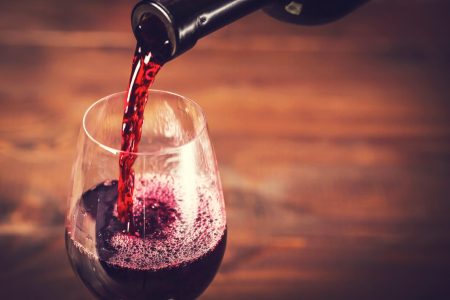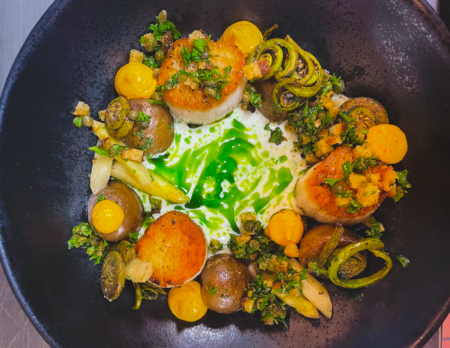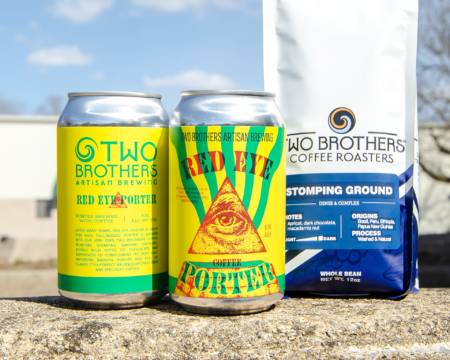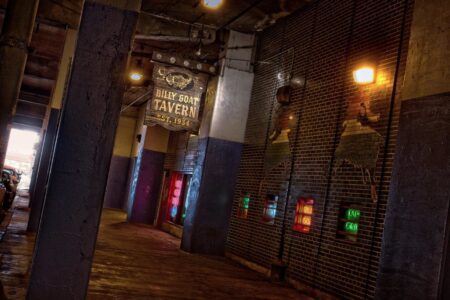The Seven Elements That Make Austrian Wines So Unique
When the casual wine drinker thinks of “great wines,” the immediate reaction typically leans towards France and America’s Napa Valley. Sure, the Aussies put out some nice stuff, the Kiwi’s, too. Italian and Spanish wines have their place, and some South American regions produce some hearty results.
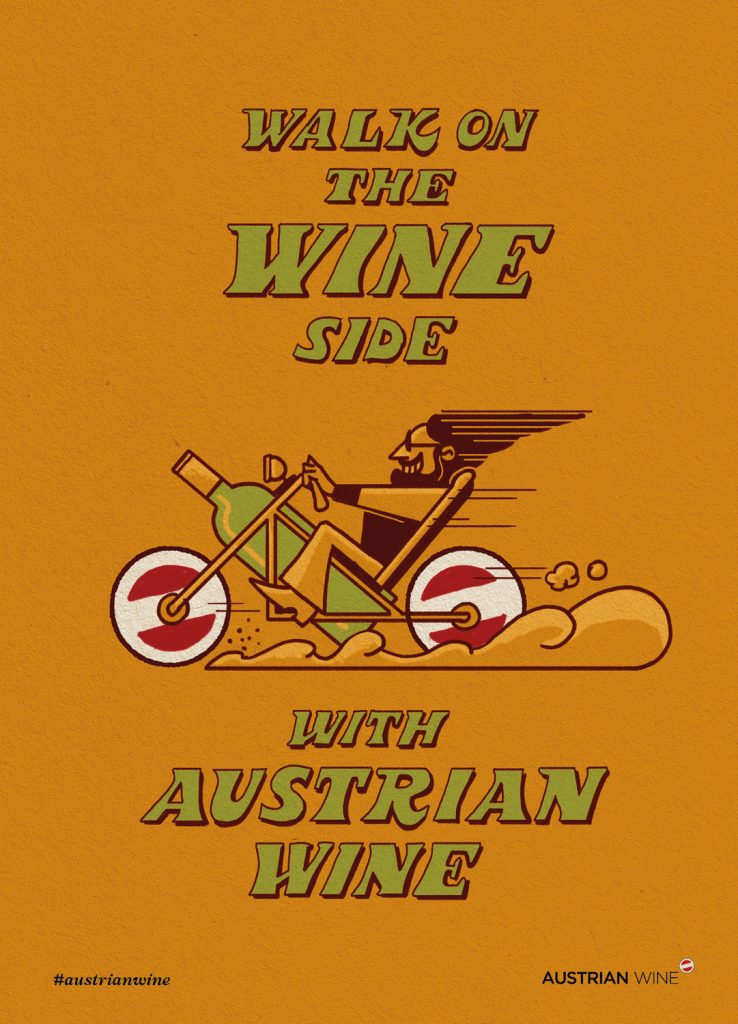
But Austria is unique in its own right. Which is why Geneva Wine Cellars and Tasting Room is hosting a special tasting of Austrian wines
The Seven Elements
According to AustrianWine.com, a media organization covering the Austrian wine scene, there are seven elements that work together to give Austrian wines their special quality.
The Geography
Austria’s special geographic setting is the most important factor for the exceptional quality of its wines.
Although Austria is at the same latitude as Burgundy, it is much more centrally located within Europe. It is consequently in the transitional zone between the mild and damp Atlantic climate, and the continental Pannonian one, which has much wider variations in temperature. Warm, sunny summer and autumn days with northerly, cool nights are key to the development of fresh, aromatic wines with good body and fine character. There is simply no other place on earth where the refreshing wines are so concentrated, or where opulent wines exhibit such grace.
The Soil
The character of the wines is just as individual as the character of the regions they hail from. In addition to the climate, the soils are a key factor behind this individuality: crystalline stone terraces or huge loess layers in Niederösterreich, calcareous soils in northern Burgenland and Südsteiermark or volcanic soils in Kamptal and Vulkanland Steiermark. This means that, despite being a small wine producing nation, Austria offers a wide range of different, interesting wines which nevertheless all share an amazing tension between ripeness and freshness.
The Grapes
Over recent years the great potential of old, Austrian grape varieties has become ever more apparent, and Grüner Veltliner is pre-eminent amongst these. It has long since established itself as one of the great white wines of the world and as a result it is being planted more and more frequently in other parts of the world.
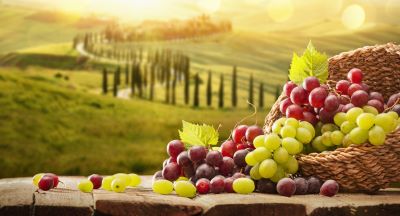
At the same time, international wine experts are discovering exciting rare varieties such as Zierfandler, Rotgipfler, Roter Veltliner, Neuburger and Wiener Gemischter Satz, as well as Austria’s typical red wines made from Zweigelt, Blaufränkisch and Sankt Laurent. Austria also has truly terroir-driven jewels including rosé-coloured Schilcher from Steiermark, made from the grape variety Blauer Wildbacher, as well as the nobly, sweet Prädikat wines from around Lake Neusiedl, especially those made from Welschriesling.
The Culture
For over two millennia, wine has been a part of Austrian culture. Roman cellars, mediaeval villages, baroque monasteries and castles are all part of the typical landscape of our wine-growing regions.
Nature
Austrians love nature and as a result they treat it with the greatest of respect. Environmental protection, water purity, healthy and GMO-free food, biodiversity, energy and materials efficiency are all treated with the highest priority.
Value for Money
Family farms dominate the Austrian winemaking scene, which is why the focus is not on mass production.
The Taste
Austrian wines have a compact body and climate-driven freshness which makes them an excellent match for an exceptionally varied range of cooking styles and cuisines: from Central Europe to the Mediterranean and beyond to Asian foods, and from ethnic food to fusion.
Geneva Wine Cellars Austrian Wine Time
Austrian wine is very special for Geneva Wine Cellars and Tasting Room because its sommeliers Liz Kowal & Tim Campbell have participated in several Austrian wine events including “Austria’s Best Sommelier: Chicago 2019”.
Gruner Veltliner is the signature grape of Austria and produces a dry white wine with savory aromas, spicy flavors, and good acidity. It’s bright acidity and savory character make it an ideal partner to mildly spiced Vietnamese, Thai, and Chinese dishes. Fish and shellfish are accented by its citrus and mineral profile while its acidity cuts the richness of pork or ham. Also works well with difficult to pair foods such as bitter greens and asparagus.
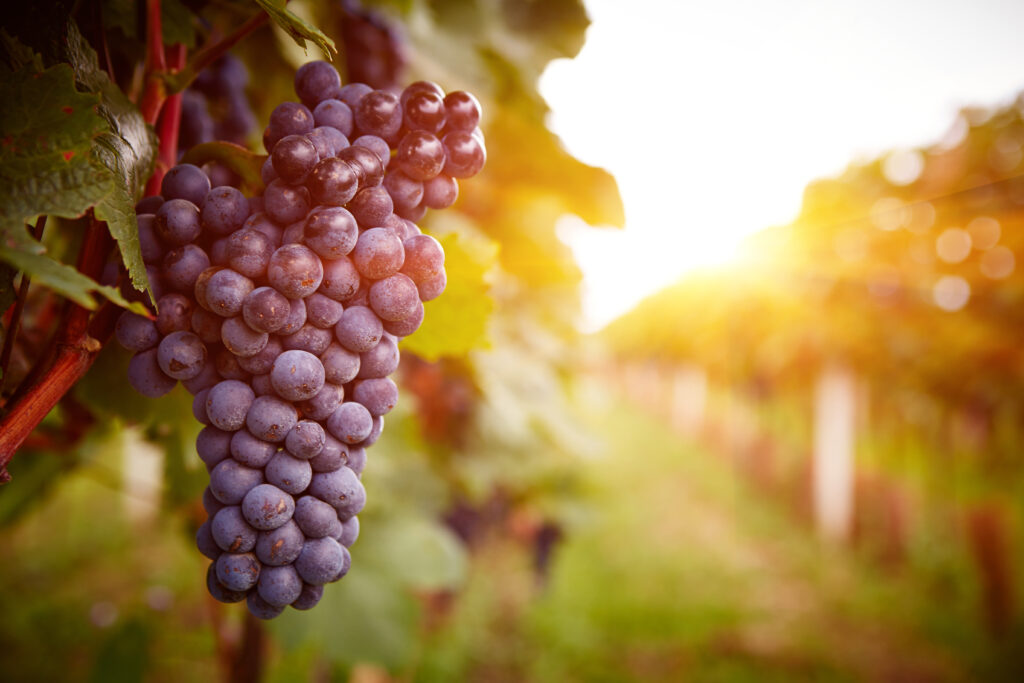
Zweigelt is Austria’s most popular red grape, spicy, full-bodied but elegant and made as a Rosé as well.
Try all three on Geneva Wine Cellars and Tasting Room’s featured $15 patio wine flight. Find your favorite and take 10% off any 2 retail bottles from its collection of Austrian wines.
Selections
Here’s a sample of the selections available.
Loimer, Grüner Veltliner, Langenloiser Kamptal, 2020 – $22.99
“Opens with a beautifully clear, fresh, herbal-spicy and coolish bouquet of white fruits and seeds. Lush and light yet intense on the palate, this is a juicy-crystalline, piquant and finely grippy Veltliner with remarkable vitality and elegance. The finish is intense, crisp and salty.” ~ 93 pts, Robert Parker’s Wine Advocate
Nigl, Gruner Veltliner, Kamptal, 2020 – $20.99
Fermented in stainless steel and bottled at night when the wine is cold, to preserve freshness. Shows pear and lime peel notes as well as floral and grassy components, with a clean mineral finish. Member of the Association “Österreichische Traditionsweingüter” “(Traditional Austrian Wineries). “The trick is to create a perfectly balanced wine, bringing everything from the vineyard unscathed to the bottle: fruit, finesse, elegance, density and minerality.” – Martin Nigl
Christina, Gruner Veltliner, Carnuntum, 2020 – $20.99
Christina Netzl began her path towards natural winemaking as a young girl of 5 years old, working on her family’s farm and vineyard. Her labels are a tribute to the beneficial insects that inhabit the vineyards. Not all bugs are bad – these useful little critters help manage pests and build soil health and biodiversity, which is so important in natural winemaking! Organic.
Loimer, Rosé, Langenloiser Kamptal, 2020 – $19.99
Coming from Loimer’s biodynamically-farmed vineyards near the village of Langenlois. Zweigelt gives this rosé a soft and fruity character with aromas and flavors of red cherries, plums, and Red Delicious apples. Pinot Noir contributes to the wine’s aromatics, lending floral and herbal aromas in addition to refreshing acidity.
Juris, St. Laurent, Bergenland, 2017 – $21.99
The high quality “Sankt Laurent” belongs to the Pinot family and has experienced a revival in Austrian wine-producing regions. It is a wine that does not impress with power or opulence, but is appreciated for its delicate fruit, elegance, and fineness. Very dark garnet with purple reflections, a strong, full-bodied vintage, reminiscent of sour cherry and cherry fruit. Typical varietal character with well integrated tannins and a long finish with soft caramel notes and fine, toasty aromas.
Glatzer, Zweigelt, Carnuntum, 2018 – $17.99
Austria’s most popular red grape! Carnuntum was recenty named the 14th Austrian DAC winegrowing region with specific protections in place for regionally typical wines. Rolling hills and a warm Continental climate characterize the terroir and give rise to modern, elegant red wines. Spicy and positively bursting with fruit!
Geneva Wine Cellars and Tasting Room is located at 227 3rd Street, Geneva. Visit www.genevawinecellars.com.





